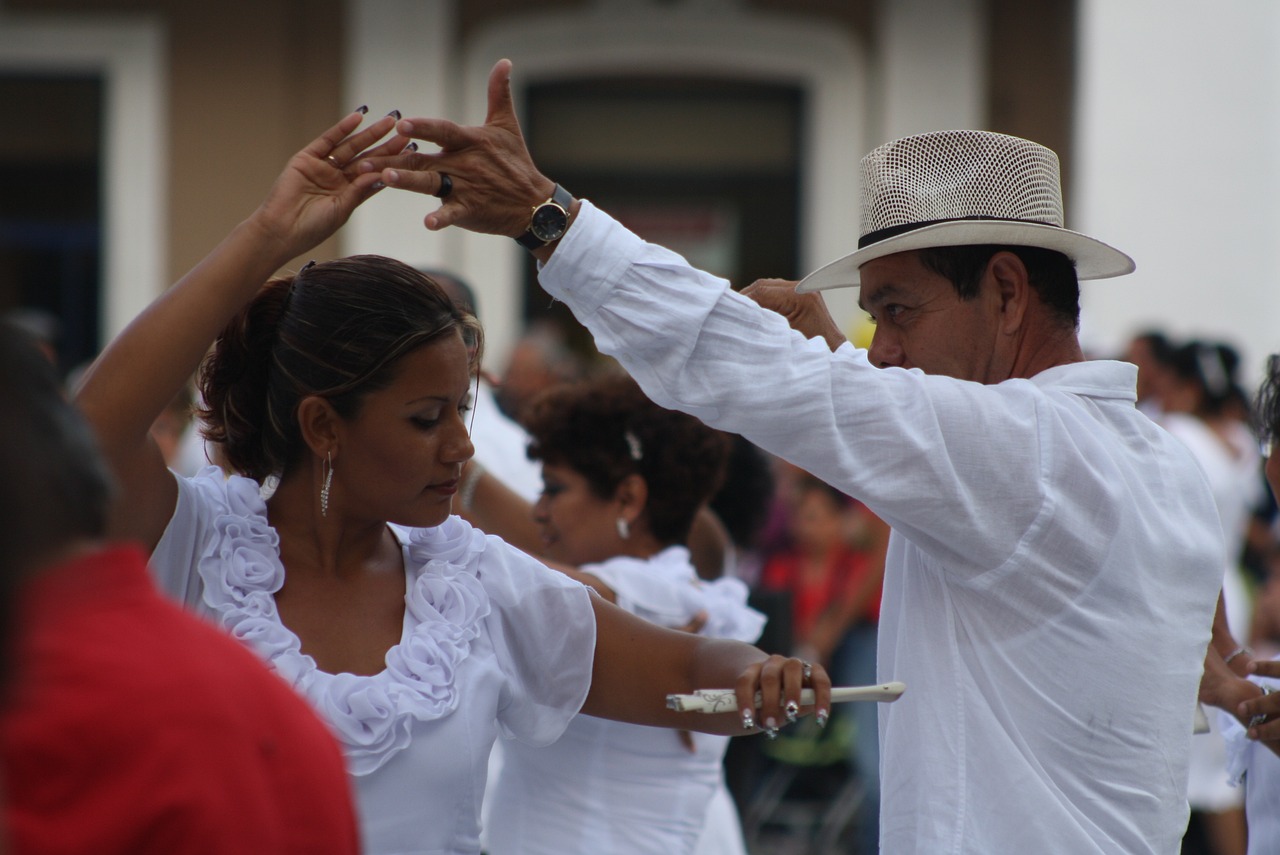Mexico Video
Cultural Sensitivities: Understanding Local Norms in Mexico
Mexico is a country rich in cultural diversity, with a long and fascinating history. From its ancient civilizations to its vibrant modern-day culture, Mexico offers a unique experience for visitors. However, it is important to be aware of and respect the local norms and customs to ensure a positive and respectful interaction with the locals. This article aims to provide a comprehensive understanding of the cultural sensitivities in Mexico, covering various aspects of daily life and social interactions.
Language and Communication
Mexico’s official language is Spanish, and while many Mexicans also speak English, especially in tourist areas, it is always appreciated when visitors make an effort to speak a few basic phrases in Spanish. Greetings such as “hola” (hello) and “gracias” (thank you) go a long way in showing respect for the local culture. Mexicans are generally warm and friendly, so engaging in polite conversation and expressing interest in their culture and traditions can create positive interactions.
- Greetings: Mexicans generally greet with a handshake or a hug, especially among friends and family. It is common to use titles like “señor” (Mr.) or “señora” (Mrs.) when addressing older people as a sign of respect.
- Personal space: Mexicans have a smaller personal space compared to some other cultures. It is common for people to stand closer to each other during conversations or while waiting in queues. Respect personal boundaries and be mindful of personal space.
- Non-verbal communication: Mexicans use a lot of hand gestures and facial expressions while communicating. It is important to pay attention to these cues to fully understand the message being conveyed.
- Punctuality: While punctuality is appreciated, it is not uncommon for social events or informal gatherings to start a bit later than scheduled. However, it is still recommended to arrive on time for business meetings and formal occasions.
Customs and Traditions
Mexico has a rich cultural heritage with numerous customs and traditions that are deeply ingrained in the society. Understanding and respecting these customs can greatly enhance your experience in Mexico.
- Religion: Mexico is predominantly Catholic, and religious festivals and celebrations are an important part of the culture. It is essential to respect religious sites and practices, such as churches and religious processions.
- Family: Family holds a central place in Mexican culture. Mexicans often have close-knit family units and prioritize family time. It is common for extended families to live together or have frequent gatherings. Respect for family values is highly regarded.
- Festivals: Mexico is famous for its vibrant festivals, such as Dia de los Muertos (Day of the Dead) and Independence Day celebrations. These festivals are deeply rooted in Mexican culture and offer a unique opportunity to experience the rich traditions and customs of the country.
- Food: Mexican cuisine is diverse and flavorful, with regional specialties varying across the country. It is customary to try traditional dishes and respect local dining customs, such as using your hands to eat certain foods like tacos.
Social Etiquette
Mexicans value politeness and respect in social interactions. Understanding the social etiquette in Mexico can help you navigate social situations with ease.
- Greetings and farewells: Mexicans tend to greet with a warm handshake or a hug. When saying goodbye, it is customary to say “adiós” (goodbye) or “hasta luego” (see you later).
- Respecting elders: Mexicans have a strong respect for their elders. It is important to show deference and use appropriate titles when addressing older individuals.
- Gift-giving: Gift-giving is common on special occasions and holidays. If invited to someone’s home, it is customary to bring a small gift, such as flowers or chocolates, for the host/hostess.
- Personal questions: Mexicans are generally friendly and may ask personal questions as a way of showing interest. However, it is perfectly acceptable to politely decline to answer if you feel uncomfortable.
Gender Roles
Like many cultures, Mexico has traditional gender roles that influence social interactions. While these roles are evolving, it is important to be aware of the cultural expectations.
- Machismo: Mexico has a history of machismo, which is the belief in the dominance of men in society. While this is changing, traditional gender roles may still be prevalent in certain areas. It is important to be respectful of these cultural norms.
- Respect for women: Mexican culture emphasizes respect for women. It is important to treat women with courtesy and avoid any behavior that may be perceived as disrespectful or offensive.
- Chivalry: Traditional chivalrous gestures, such as opening doors for women or offering your seat, are still appreciated in Mexico. However, it is important to gauge the situation and respect individual preferences.
Image 1:

Cuisine and Dining Etiquette
Mexican cuisine is renowned worldwide for its bold flavors and unique ingredients. When dining in Mexico, it is important to be aware of the dining etiquette and customs.
- Table manners: Mexicans generally eat with utensils, although it is common to use your hands for certain foods like tacos. It is polite to wait for everyone to be served before starting your meal and to keep your hands on the table, rather than in your lap.
- Tipping: Tipping is customary in Mexico, and it is expected to leave a tip of around 10-15% of the total bill at restaurants. Some establishments may include a service charge, so it is important to check the bill before tipping.
- Sharing food: Mexicans often share dishes family-style, and it is common to pass plates around the table. It is polite to offer food to others before serving yourself.
- Complimenting the chef: If you enjoyed a meal, it is customary to compliment the chef or the host/hostess to show appreciation for their culinary skills.
Image 2:

Socializing and Celebrations
Mexicans love to socialize and celebrate, and there are various customs and traditions associated with social gatherings.
- Fiestas: Mexicans are known for their lively fiestas, which often involve music, dancing, and food. If invited to a fiesta, it is customary to bring a small gift for the host and participate in the festivities.
- Mariachi music: Mariachi music is an integral part of Mexican culture. It is common to hire a mariachi band for special occasions or to enjoy their performances at restaurants or public squares.
- Public displays of affection: Mexicans are generally affectionate and may engage in public displays of affection, such as holding hands or hugging. However, it is important to respect personal boundaries and cultural norms.
- Traditional dances: Mexico has a rich tradition of folk dances, such as the Jarabe Tapatío (Mexican Hat Dance) and the Danza de los Voladores (Dance of the Flyers). These dances are often performed during cultural events and celebrations.
Image 3:

Conclusion
Understanding and respecting the cultural sensitivities in Mexico is essential for a rewarding and respectful experience. By familiarizing yourself with the local norms and customs, you can forge meaningful connections with the locals and fully appreciate the rich cultural heritage of Mexico.
References
– National Geographic: www.nationalgeographic.com
– Lonely Planet: www.lonelyplanet.com
– Mexico Tourism Board: www.visitmexico.com


